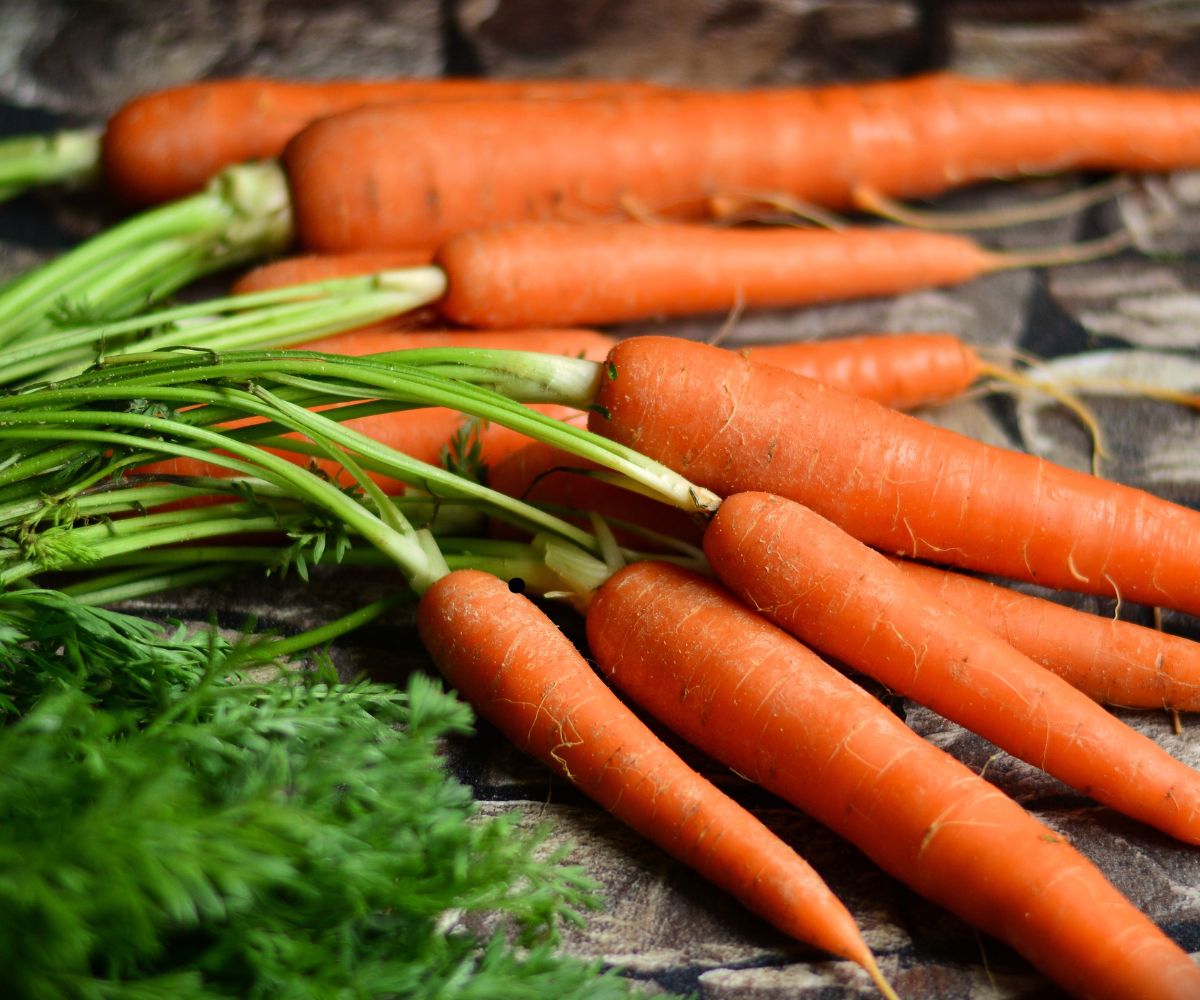Carrots have long been touted as a superfood for eye health, with many believing that eating them can significantly improve vision. But how much truth is there to this belief? In this comprehensive article, we will delve into the nutritional benefits of carrots, their specific impact on eye health, and how they compare to other foods in promoting good vision.
The Nutritional Profile of Carrots
Carrots are an excellent source of various vitamins and minerals essential for overall health. The most notable nutrient in carrots is beta-carotene, a type of vitamin A precursor. When consumed, beta-carotene is converted into retinol, a form of vitamin A crucial for maintaining normal vision, immune function, and skin health.
Key Nutrients in Carrots:
- Beta-Carotene: A powerful antioxidant that the body converts into vitamin A.
- Vitamin K1: Important for blood coagulation and bone health.
- Potassium: Aids in maintaining healthy blood pressure levels.
- Fiber: Supports digestive health.
- Antioxidants: Including lutein and zeaxanthin, which protect the eyes from damage.
How Carrots Benefit Eye Health
Beta-Carotene and Vision
Beta-carotene is essential for eye health because it helps maintain the surface of the eye (cornea) and is necessary for good night vision. A deficiency in vitamin A can lead to night blindness and other vision problems.
Lutein and Zeaxanthin: Eye Protectors
Carrots also contain lutein and zeaxanthin, antioxidants that filter harmful high-energy blue wavelengths of light and help protect and maintain healthy cells in the eyes. Studies suggest that these compounds can reduce the risk of age-related macular degeneration (AMD) and cataracts, which are leading causes of vision loss in older adults.
Scientific Evidence Supporting Carrots for Eye Health
Research on Beta-Carotene
Multiple studies have demonstrated that diets high in beta-carotene are associated with a reduced risk of age-related macular degeneration and cataracts. The Age-Related Eye Disease Study (AREDS) found that high doses of beta-carotene, along with other vitamins and minerals, could slow the progression of AMD in individuals with moderate to severe disease.
Impact on Night Vision
Vitamin A, derived from beta-carotene, is crucial for the production of rhodopsin, a pigment in the retina that helps the eye see in low-light conditions. Deficiencies in vitamin A can impair night vision, highlighting the importance of adequate carrot consumption for those at risk of this deficiency.
Comparing Carrots to Other Eye-Healthy Foods
While carrots are undoubtedly beneficial for eye health, they are not the only food that supports good vision. Here are some other foods rich in nutrients essential for eye health:
Leafy Green Vegetables
Spinach, kale, and other leafy greens are packed with lutein and zeaxanthin. These nutrients help protect the eyes from damage caused by sunlight, reduce the risk of cataracts, and slow the progression of AMD.
Fish
Fatty fish such as salmon, tuna, and mackerel are rich in omega-3 fatty acids. These healthy fats are essential for maintaining the health of the retina and may help prevent dry eyes and AMD.
Eggs
Eggs are an excellent source of lutein, zeaxanthin, and zinc. Zinc is crucial for maintaining the health of the retina and may help improve night vision and prevent cataracts.
Nuts and Seeds
Almonds, sunflower seeds, and walnuts are rich in vitamin E, an antioxidant that protects the eyes from free radical damage and may help prevent cataracts and AMD.
Citrus Fruits
Oranges, grapefruits, lemons, and limes are high in vitamin C, an antioxidant that protects the eyes against damage from free radicals and supports the health of blood vessels in the eyes.
Incorporating Carrots into Your Diet for Optimal Eye Health
Simple and Delicious Ways to Eat Carrots
- Raw Carrots: Enjoy them as a crunchy snack or in salads.
- Carrot Juice: A refreshing way to get a concentrated dose of beta-carotene.
- Cooked Carrots: Steaming or roasting can enhance their natural sweetness.
- Carrot Soup: A warm and comforting dish that is easy to prepare.
- Carrot Cake: A delicious dessert that sneaks in some nutrition.
Carrot-Based Recipes for Eye Health
Roasted Carrot Soup
Ingredients:
- 1 lb carrots, peeled and chopped
- 1 onion, diced
- 2 cloves garlic, minced
- 4 cups vegetable broth
- 1 tbsp olive oil
- Salt and pepper to taste
Instructions:
- Preheat your oven to 400°F (200°C).
- Toss the carrots with olive oil, salt, and pepper, and roast for 25 minutes.
- In a pot, sauté the onion and garlic until translucent.
- Add the roasted carrots and vegetable broth to the pot.
- Simmer for 20 minutes, then blend until smooth.
Carrot and Ginger Salad
Ingredients:
- 2 cups grated carrots
- 1 tbsp grated fresh ginger
- 2 tbsp olive oil
- 1 tbsp lemon juice
- Salt and pepper to taste
Instructions:
- Combine the grated carrots and ginger in a bowl.
- Whisk together the olive oil, lemon juice, salt, and pepper.
- Toss the dressing with the carrot and ginger mixture.
Conclusion
Carrots are undeniably beneficial for eye health due to their high content of beta-carotene, lutein, and zeaxanthin. These nutrients play crucial roles in maintaining vision, protecting against eye diseases, and supporting overall ocular health. While carrots alone cannot prevent or cure vision problems, they are a valuable addition to a balanced diet that promotes healthy eyes.





